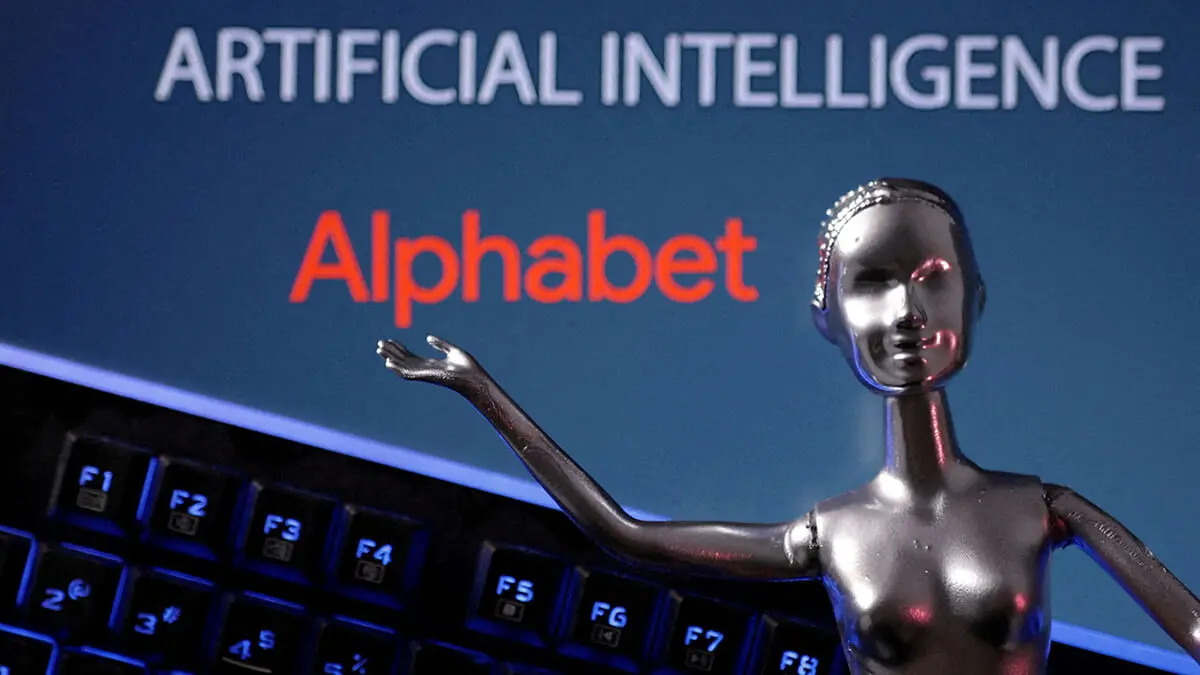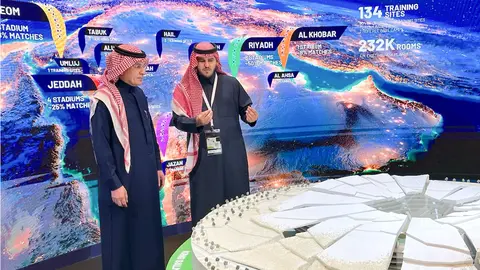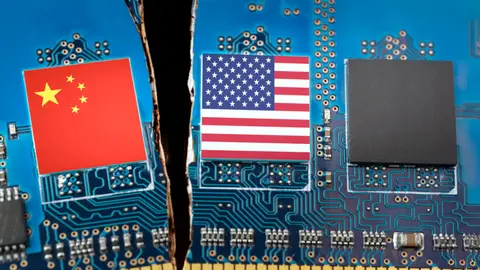A ministry for AI

Increasingly, we find that access to social networks from mobile devices brings us closer and closer to a reality emanating from this technical advance: the digitisation of education at any stage a student goes through.
And the fact is that we have spent several years in the introductory phase of a battle that is already over, between state-run analogue formal education and private online education platforms, without detracting from the final variant that we are dealing with: the personal selection of content itself, which we emphasise twice over, is not a minor detail, since it is and will be the modus operandi of citizens to access all universal information at any time with a simple ‘click’ on their mobile devices.
Be that as it may, what is common to the latter is the asynchronous characteristic of distance learning, which allows the learner to interact in the space-time dimension that they want or as best suits them. The fact is that most universities have already incorporated their ‘on demand’ distance learning with distance tutorials into their main master's and doctorate programmes, and this is undoubtedly already an essential quality standard in the prestigious ‘Shanghai ranking’ list of outstanding institutional positions in which all universities wish to bid for a higher position.
Returning to the question of individuality, we can all educate ourselves wherever we want in the vast digital ocean and select the content we want, but not all content is necessarily correct or its issuers have the same noble aims as state, traditional or philanthropic education.
As a consequence of this series of events, the problem of post-truth arises and how the generation of false content is hypnotising our young people with mirages in a world that is real to them, plagued by events that never happened. Pseudo-scientific debates are organised on fantastic topics such as medieval astronomical models. Teenagers are guided towards unrealistic personal development practices or coaching, shamelessly insisting that willpower or intention is more powerful than technical training.
Two-hour training sessions are sold that promise mastery and expertise in stock market or financial matters and even, and this is comical, simple telephone sales functions are invested with doctrine and pomp, without detracting, of course, from this position, with the almost prophetic promise of making them millionaires in five minutes: It's the story of the ‘hair growth ointment’ and even more so when users don't know that they are talking to automated bots that respond to them in real time and that, in the raw, intellectually surpass them on issues of taxation and stock market operations.
Scientifically, in terms of memory, the present and future decision-making, content generation depends on a fine neurolinguistic thread. Language generates reality and its semantics weave the perception of that reality. AI is generating a new type of language through lyrics and images superimposed on events that never happened, are not happening and will never be combined.
Perhaps the generations prior to AI are the last ones capable of discerning unaided between traditional knowledge and the new knowledge of AI; for this reason we urge the authorities to monitor the education and training systems, treasuring inner strength with the security of tradition, as a guarantor of the reality of our times, that if civilisations advance they do so hand in hand with Culture and History, with the warning that if this is not the case, the foundations in favour of what fashion has conveniently divided will be destroyed.
Allow me a cheeky humorous licence for the reader: I will not go into too much detail, for example, on the automation of university work, but I very much fear that within academic environments, the AI for detecting plagiarism in doctorates and master's degrees has already become more famous than the AI for creating doctorates and master's degrees. A hand-to-hand dispute between young university students and expert professors to obtain an analogue qualification in an ‘Intelligently Artificial’ way.
The summary is that China is sweeping away from DeepSeek with massive development in AI through giants such as Baidu, Tencent and Huawei. The United States continues to bet on commercial and military leadership in AI from companies such as X, OpenAI, Google DeepMind and Microsoft, where the vanguard of advanced model development is located, closely enlisting the Pentagon and DARPA at the military level.
The tool is not evil, but the person who wields it is the one who gives it its purpose.
Francisco de Torres. President of SOCIAT-V. Atlantic and Values Civil Society.



